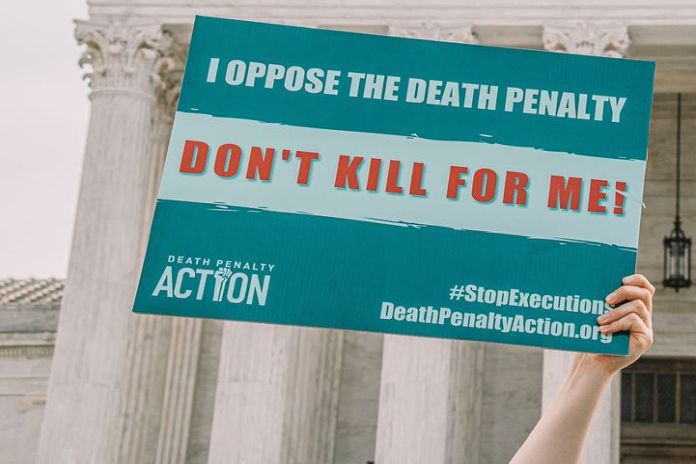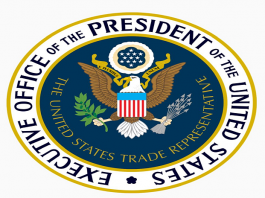
SWITZERLAND / USA – Spokesperson for the UN High Commissioner for Human Rights Ravina Shamdasani in a press release, Tuesday said: “We are alarmed by the The United States of America of Kenneth Eugene Smith, through the use of a novel and untested method – suffocation by nitrogen gas, which could amount to torture or other cruel, inhuman or degrading treatment or punishment under international human rights law.”
The UN Human Rights Office called on Alabama state authorities to halt Smith’s execution, scheduled for 25-26 January, and to refrain from taking steps towards any other executions in this manner, citing that, “Alabama already sought to execute Smith unsuccessfully by lethal injection in 2022. Smith also has ongoing proceedings in federal court against his upcoming execution which have not been finally resolved.”
Nitrogen gas has never been used in the United States to execute human beings. The American Veterinary Medical Association recommends giving even large animals a sedative when being euthanized in this manner, while Alabama’s protocol for execution by nitrogen asphyxiation makes no provision for sedation of human beings prior to execution. The protocol also refers to the odourless and colourless gas being administered for up to 15 minutes.
Smith has also advanced, with expert evidence, that such an execution by gas asphyxiation in his case risks particular pain and suffering.
“We have serious concerns that Smith’s execution in these circumstances could breach the prohibition on torture or other cruel, inhuman, or degrading treatment or punishment, as well as his right to effective remedies. These are rights set out in two International Human Rights treaties where the United States is bound by – the Covenant on Civil and Political Rights and the Convention against Torture and other cruel, inhuman or degrading treatment or punishment.”
The Human Rights Committee, the UN body charged with monitoring the implementation of the Covenant, has also criticized the use of asphyxiation by gas as an execution method, the use of untested methods, as well as widening the use of the death penalty in States that continue to apply it.
“The death penalty is inconsistent with the fundamental right to life. There is an absence of proof that it deters crime, and it creates an unacceptable risk of executing innocent people. Rather than inventing new ways to implement capital punishment, we urge all States to put in place a moratorium on its use, as a step towards universal abolition,” the UN spokesperson, Shamdasani advised.



